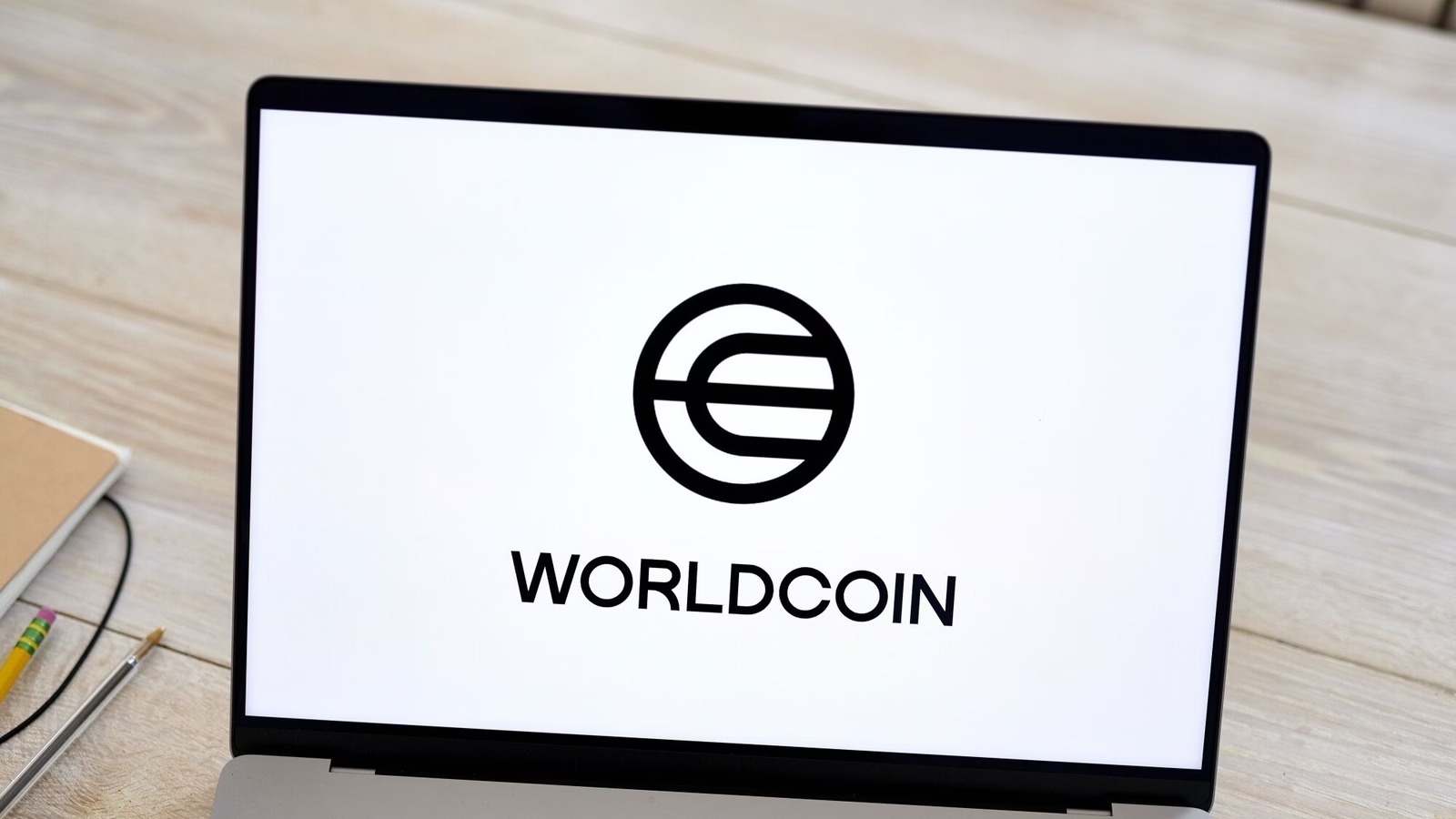Worldcoin, the innovative digital ID project that uses iris scans for instant verification online and potential issuance of universal basic income (UBI), has garnered significant attention since its launch on July 24.
However, it has also faced scrutiny over data collection methods.
The project has already made strides by integrating with Auth0, enabling thousands of clients to sign in using World ID.
Tiago Sada, head of product at Tools for Humanity, the company behind Worldcoin, revealed that more such integrations are expected in the future.
They have also made their software development kit (SDK) available to all developers and integrated with Discord, indicating the project’s commitment to widespread adoption.
Reuters recently reported that Worldcoin plans to expand its services to governments and organizations, given its open identity protocol built on zero-knowledge proofs.
Sada clarified that the platform is not intended to replace passports or driver’s licenses but rather to complement them.
Several governments have expressed interest in the technology, particularly due to concerns about identity verification and fraudulent documents on the black market.
However, some governments remain cautious about Worldcoin’s implications for privacy and data protection.
READ MORE: Chamber of Digital Commerce Releases Report on SEC vs Ripple Ruling
The German government’s data watchdog conducted a probe into Worldcoin before its official launch in November 2022.
Sada emphasized the importance of building applications that are resistant to bots and AI-generated fake content.
With the rise of AI, such challenges become more complex but also more critical to address.
He expressed the hope that the world would adopt Worldcoin in a privacy-preserving, decentralized, open-source, and permissionless manner.
The spread of AI tools and applications has already raised concerns about the potential for rampant fake news and deep fakes.
For instance, AI-generated fake news led to rumors about the resignation of the United States Securities and Exchange Commission Chair.
Worldcoin has taken concrete steps towards implementation, deploying over 1,500 metal orbs for in-person iris scans and sign-ups in major cities like London, Paris, and Dubai.
As the project progresses, users and governments alike will continue to closely monitor its developments and assess its impact on data privacy and online verification practices.
Worldcoin’s future success will depend on striking a balance between technological advancement and safeguarding individual rights.
Other Stories:
Digital Currency Group Faces Regulatory Scrutiny Over Transactions with Genesis Global Capital
2024 Presidential Candidates’ Mixed Views on Crypto




